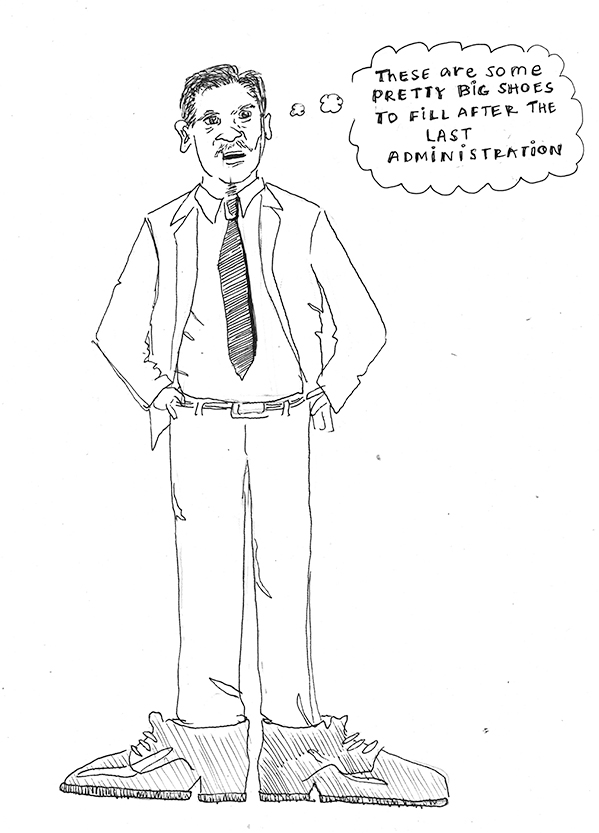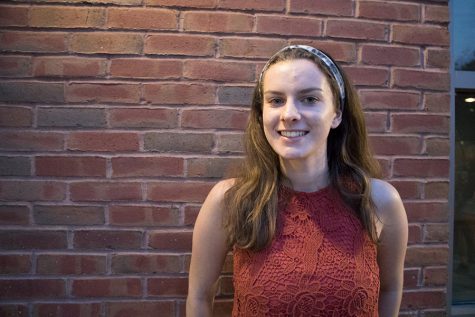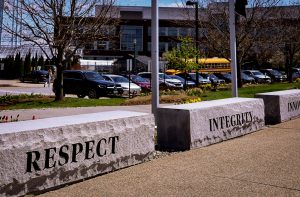Decisions behind closed doors
February 27, 2019
The University board of trustees officially confirmed the appointment of a new president, Suresh Garimella, Feb. 22.
A year ago to the day, student activist group NoNames for Justice blocked Main Street to call for the resignation of current President Tom Sullivan, among other demands, because they believed he hadn’t adequately protected students of color.
The day of Garimella’s first public visit to campus — Feb. 14 — in which he met with and answered questions from various students and faculty, coincided with a rally by the faculty union in protest of recent cuts to humanities departments.
Suffice it to say, Garimella is entering an administration that has been on the receiving end of seemingly endless anger and criticism from both students and faculty.
While a new president may be a key step in answering the dissatisfaction on campus, the process itself showed another instance of the administration’s unwillingness to respond to voices in our community.
The search process happened almost entirely behind closed doors, with Garimella as the only candidate presented to the campus as the sole finalist.
With no other options to compare Garimella to, the campus community was left with one option and no alternatives, and an option that was chosen for them, not by them.
One student sat on the committee to find the next president.
One student cannot represent or know the needs of all students.
The search committee was in charge of finding several candidates to bring to campus.
The committee said the reason for the lack of publicly announced finalists was the unwillingness of candidates employed by other institutions to be publicly identified.
In a Feb. 4 email to the University community, board of trustees Chair David Daigle stated that 10 finalists had been interviewed for the job of University president.
“Candidate confidentiality requirements necessitate that we not identify publicly the entire group of outstanding finalists,” he stated.
While there is merit in wanting to attract the best applicant pool possible, it is outweighed by the need to make the presidential search process more democratic.
The president is a figurehead in our University.
UVM is a place where we all pay to attend and chose to come to, so we should have a say in how this person is chosen.
Over the past year, the administration has failed to satisfy the students and faculty they are supposed to support in their jobs on campus.
The lack of information about the search process is a sign of how the administration addresses the needs of students and faculty only on their own terms.
In order to meet the needs of everyone on campus, the administration must integrate students and faculty more deeply into campus decisions, like making the choice of our next president.
This may mean sacrificing efficiency in the name of transparency and crowdsourcing, but the end result and lasting positive impact will undoubtedly be greater.
Staff editorials officially reflect the views of the Vermont Cynic. Signed opinion pieces and columns do not necessarily do so.
The Cynic accepts letters in response to anything you see printed as well as any issues of interest in the community. Please limit letters to 350 words. The Cynic reserves the right to edit letters for length and grammar. lease send letters to opinion@vtcynic.com.








